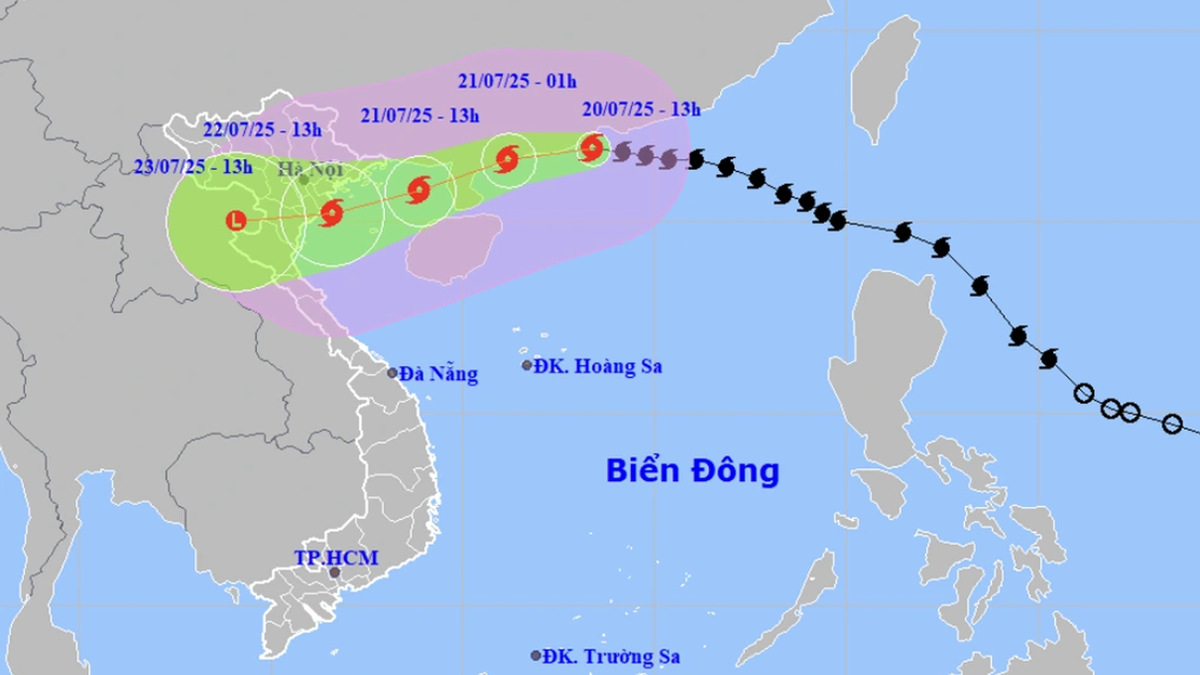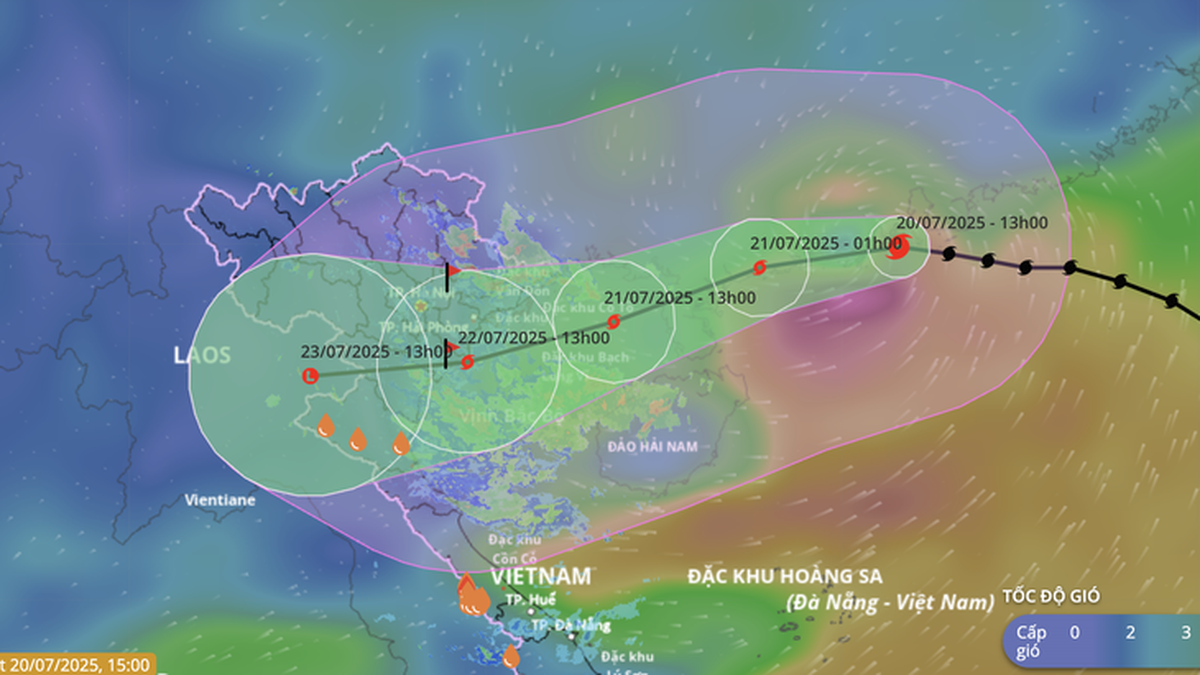According to the report explaining, receiving opinions and the draft Law on Value Added Tax (amended) recently released by the Ministry of Finance , this agency does not support raising the taxable revenue for individuals and business households to 250 million VND.
Previously, in the draft Law on Value Added Tax, the Ministry of Finance proposed the threshold of revenue subject to value added tax for individuals and business households to be 150 million VND, an increase of 50 million VND compared to the current level.

According to the Ministry of Finance, raising the tax reduction for business households to 250 million VND does not encourage business households and individuals to switch to enterprises.
Many agencies and localities such as the Ministry of Transport , Vietnam Federation of Commerce and Industry (VCCI)... have proposed raising this revenue level to 250 - 300 million VND.
The Ministry of Planning and Investment proposed that the Ministry of Finance supplement the basis for calculation and explanation with quantitative data to clarify the reason for regulating the threshold of annual revenue from goods and services of households and individuals doing business from 150 million VND or less that are not subject to value added tax, ensuring consistency with reality...
Explaining the reason for not raising the tax threshold to 250 - 300 million VND, the Ministry of Finance stated that the draft law proposed raising the revenue of business households and individuals from 100 million VND to 150 million VND.
This proposed level is based on the inflation index and the actual situation. If based on the inflation index, the taxable revenue threshold is only about 130 million VND; however, to support individual business households, the Ministry of Finance has proposed raising it to 150 million VND.
According to the Ministry of Finance, raising the tax reduction for business households to 250 million VND will affect local budget revenue, especially in localities with low revenue.
In addition, this regulation will not encourage households and individuals to change their business to enterprises (enterprises must pay value added tax every time they generate revenue). This agency proposes to keep the rate as proposed in the draft law.
Previously, giving comments on the draft law, VCCI informed that according to the feedback of many businesses, the taxable revenue threshold of 150 million VND is still relatively low.
VCCI makes a comparison between business individuals and salaried individuals to clarify the unreasonableness.
Currently, the family deduction for salaried individuals without dependents is 132 million VND/year, if having one dependent it is 184.8 million VND/year, if having 2 dependents it is 237.6 million VND/year.
Assuming that on average, each employee has 1 dependent, the taxable income threshold for salaried employees is currently higher than the value-added tax threshold for business individuals. Not to mention, to have revenue, business individuals will have to incur input costs, while personal income does not have these costs.
According to VCCI, different sectors have different cost structures and tax rates, even though they may have the same revenue. For example, in the commodity trading sector (such as retail stores, grocery stores), input costs account for a large proportion of revenue; the income that individual businesses receive is not large and the tax collected is only from 1.5 million VND/year.
In the service sector, input costs are insignificant, the value added is larger and the tax payable is higher, at least 7.5 million VND/year.
Based on the analysis, VCCI recommends that the drafting agency consider amending the regulations on taxable revenue thresholds for business households and individuals.
Source link
























![[Photo] National Assembly Chairman Tran Thanh Man visits Vietnamese Heroic Mother Ta Thi Tran](https://vphoto.vietnam.vn/thumb/1200x675/vietnam/resource/IMAGE/2025/7/20/765c0bd057dd44ad83ab89fe0255b783)








































































Comment (0)